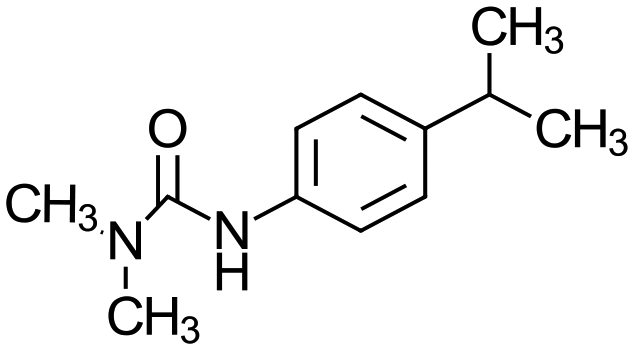
Product: Activated Carbon
Chemical Formula: C (elemental carbon)
Information about the product:
– Activated carbon, also known as activated charcoal, is a highly porous form of carbon with a large surface area.
– It is produced by heating carbonaceous materials, such as wood, coal, or coconut shells, at high temperatures in the absence of oxygen, resulting in the development of numerous small pores and a highly adsorbent structure.
– The activation process creates a network of interconnected micropores and mesopores, giving activated carbon its unique properties.
Information for the sector of utilization of the product:
1. Water Treatment:
– Water Purification: Activated carbon is extensively used in water treatment processes, including municipal water treatment plants and home water filters, to remove impurities, organic contaminants, chlorine, and unpleasant odors and tastes.
– Chemical Removal: It can effectively adsorb various chemicals and pollutants, such as pesticides, solvents, and volatile organic compounds (VOCs), from water sources.
2. Air and Gas Purification:
– Air Filters: Activated carbon filters are employed in air purifiers, HVAC systems, and industrial air filtration systems to remove odors, volatile organic compounds (VOCs), and harmful gases from the air.
– Personal Protective Equipment: It is used in respirators and gas masks as a filtration medium to protect against airborne contaminants.
3. Environmental Remediation:
– Soil and Groundwater Remediation: Activated carbon is utilized in environmental remediation projects to adsorb and remove organic contaminants from soil and groundwater, aiding in the cleanup of contaminated sites.
4. Industrial Processes:
– Industrial Gas Purification: Activated carbon is used in gas purification applications, such as removing impurities from natural gas, hydrogen, and biogas streams.
– Solvent Recovery: It is employed in solvent recovery systems to adsorb and recover solvents for reuse in various industrial processes.
5. Food and Beverage Industry:
– Food Processing: Activated carbon is utilized in food processing applications, such as decolorizing sugar syrups and removing impurities from fruit juices and alcoholic beverages.
– Odor Control: It can be used to remove unwanted odors from food products, storage areas, and industrial food processing environments.
6. Pharmaceutical and Medical Applications:
– Medicinal Uses: Activated carbon is used in certain medical treatments, such as in the treatment of drug overdoses or poisonings, as it can adsorb toxins and prevent their absorption by the body.
– Hemodialysis: It is used in hemodialysis machines to remove urea and other waste products from the blood during kidney failure treatment.
7. Gold Recovery:
– Activated carbon is used in the gold mining industry to adsorb gold ions from cyanide leach solutions, facilitating the extraction and recovery of gold from ore.
8. Chemical and Petrochemical Industry:
– Catalyst Support: Activated carbon can serve as a catalyst support in various chemical reactions and catalytic processes.
– Gasoline and Vapor Recovery: It is utilized in vapor recovery systems to capture and recover volatile hydrocarbons from gasoline vapors.
9. Energy Storage and Batteries:
– Supercapacitors: Activated carbon is used as an electrode material in supercapacitors, which are energy storage devices with high power density and fast charge-discharge capabilities.
10. Personal Care and Beauty Products:
– Face Masks and Skincare: Activated carbon is found in face masks, cleansers, and skincare products due to its ability to adsorb impurities and excess oils from the skin.
Activated carbon is a versatile and widely used material known for its exceptional adsorption properties. It finds application in various industries and sectors for purification, filtration, adsorption, and environmental remediation purposes.
“Streamline Your Ordering Process: Experience Convenient Product Ordering via WhatsApp!”

